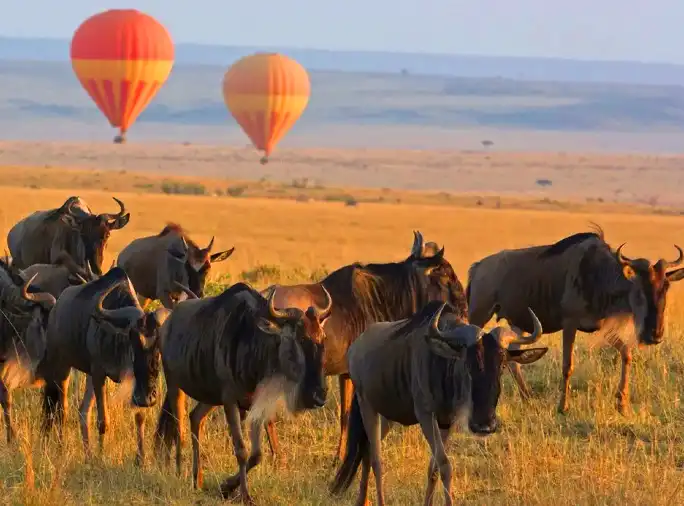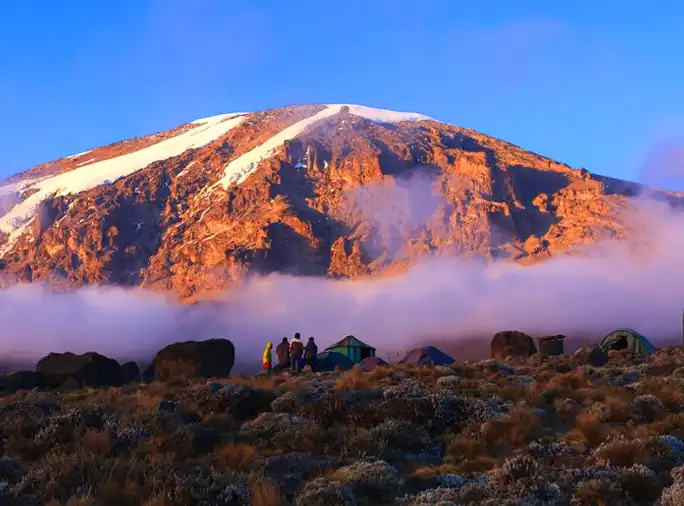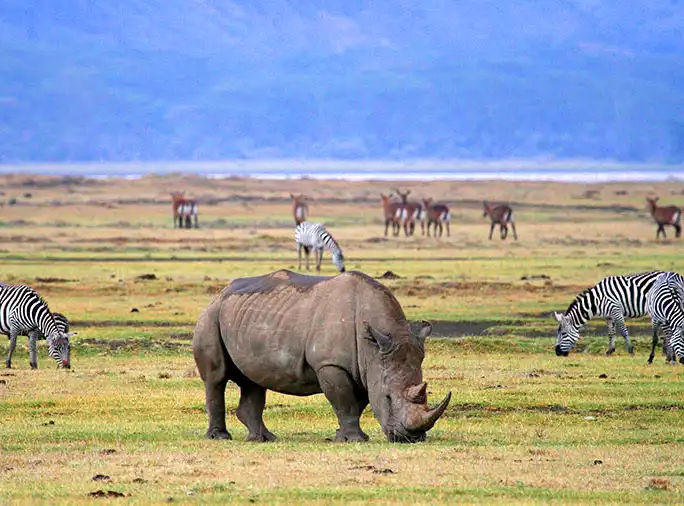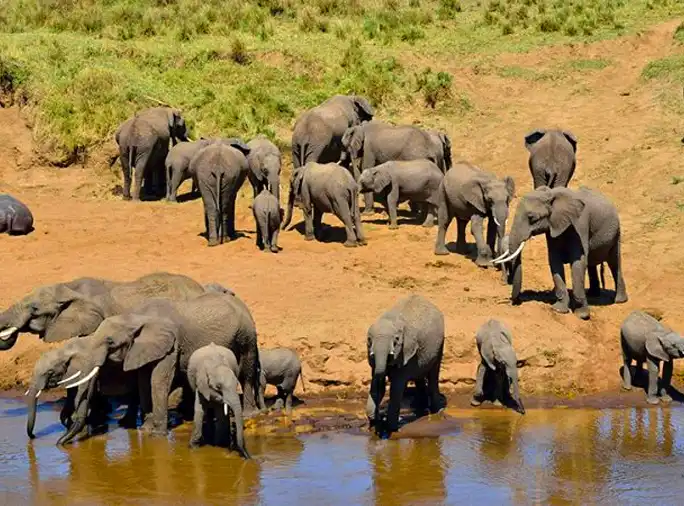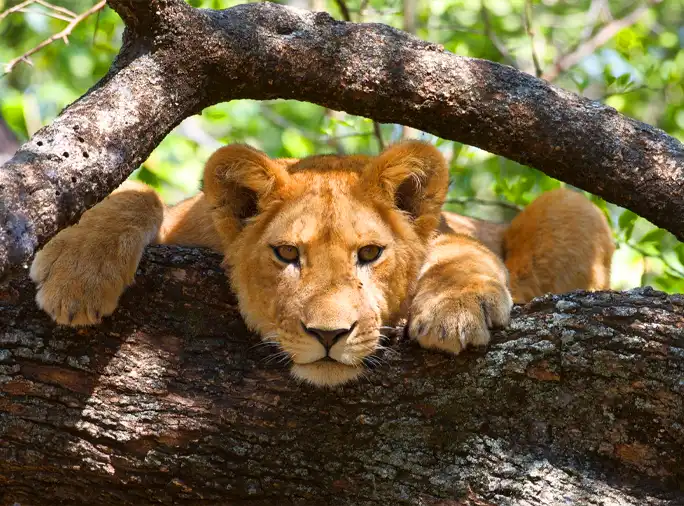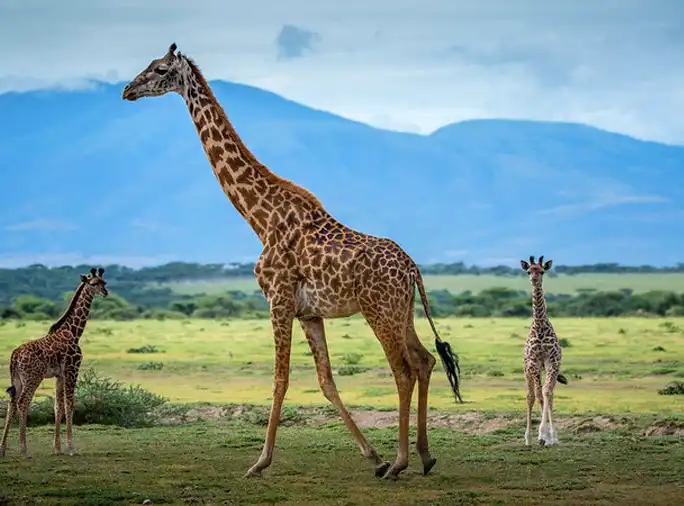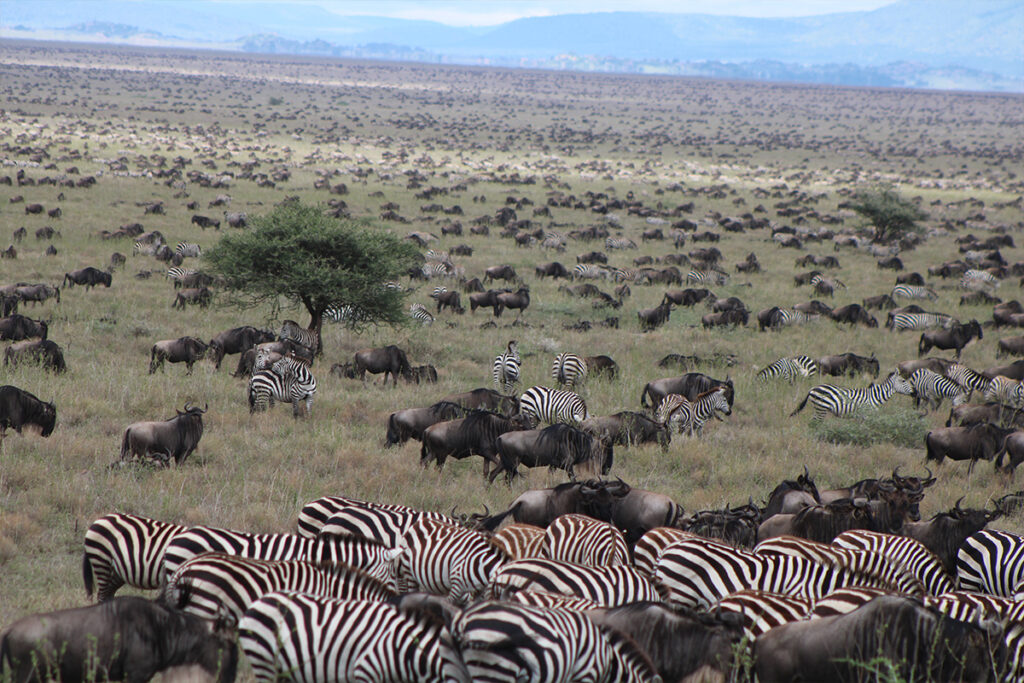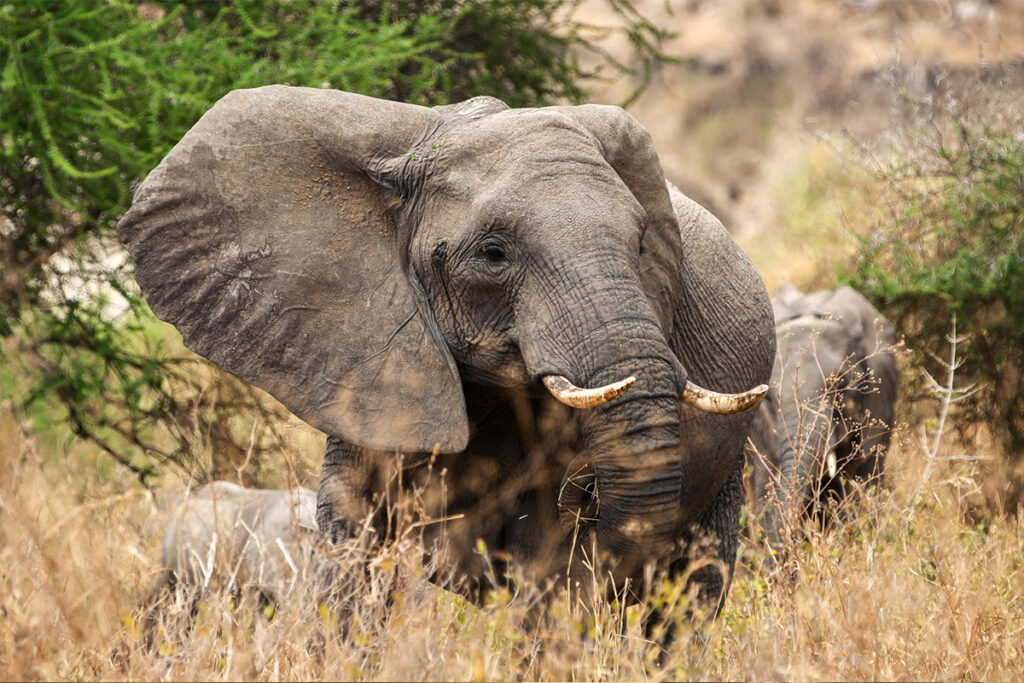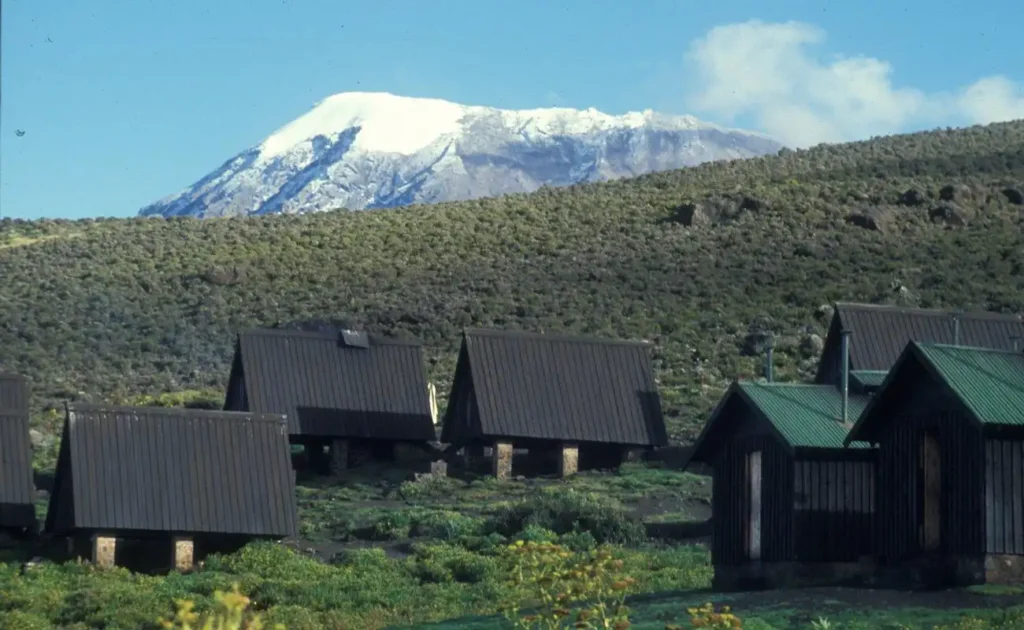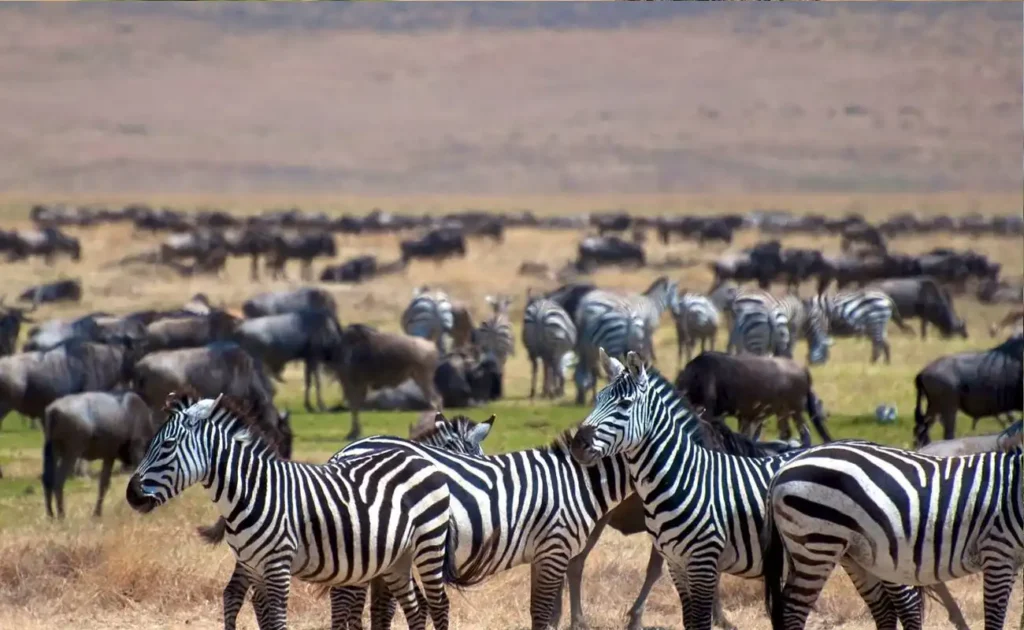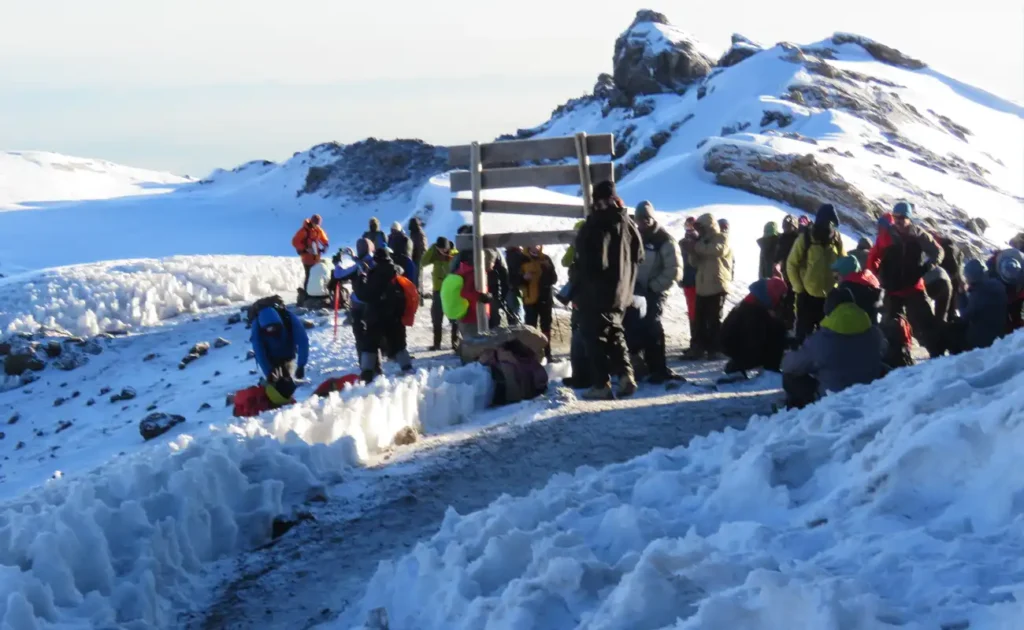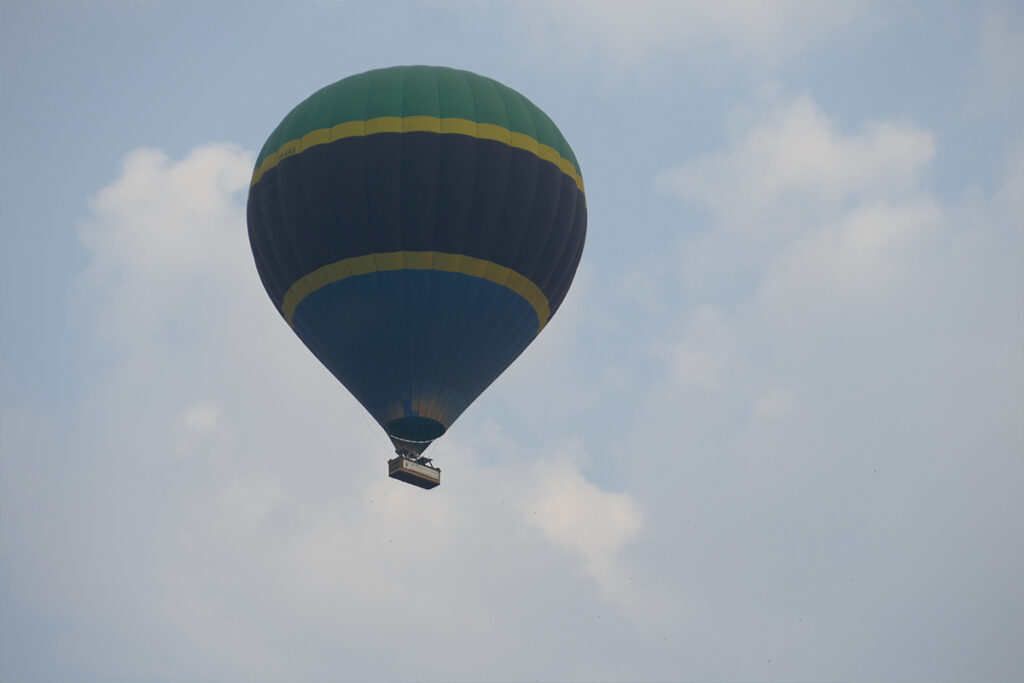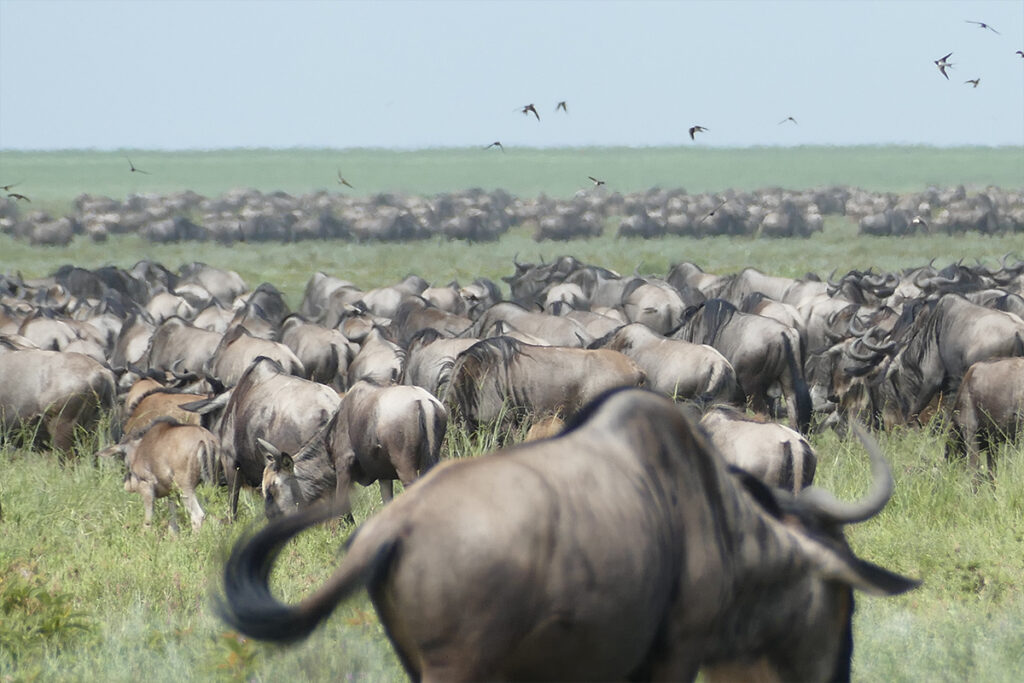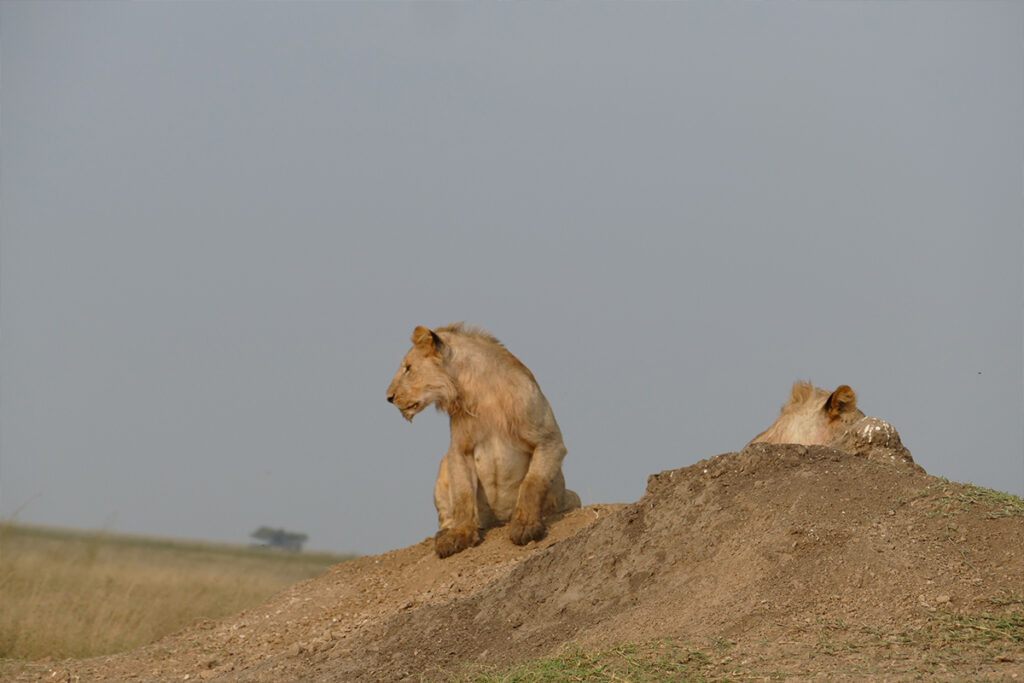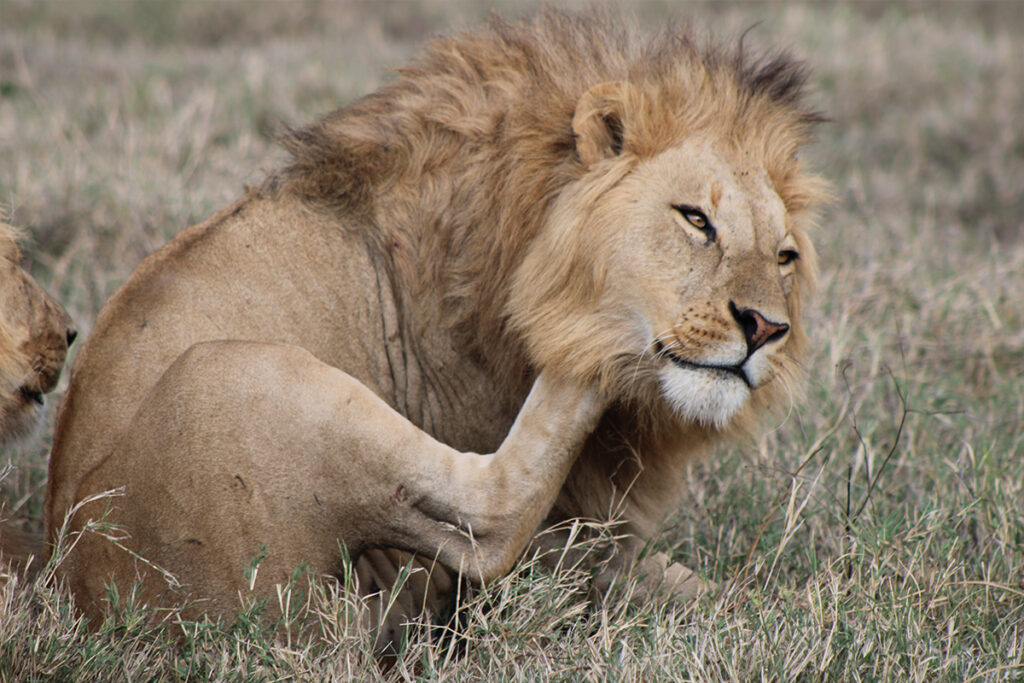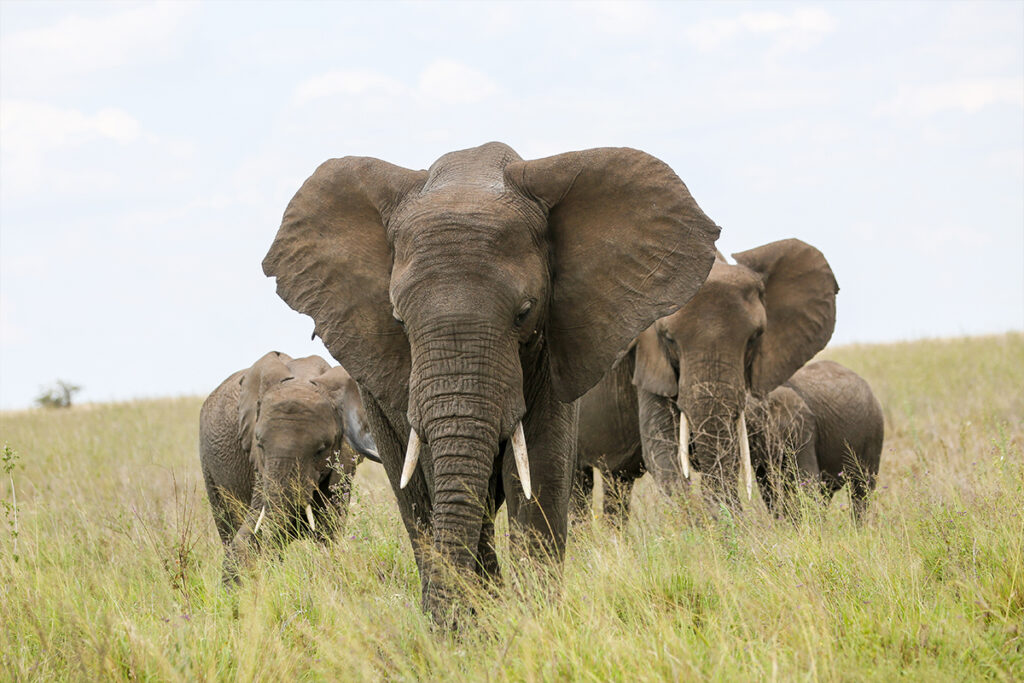Kilimanjaro Crew: The Team Behind Every Successful Climb
Climbing Mount Kilimanjaro is no easy feat, but thanks to the dedicated Kilimanjaro crew, thousands of climbers safely reach the summit each year. The Kilimanjaro crew consists of various team members, including guides, porters, and cooks, who work together to ensure the success of the trek. These hardworking individuals handle everything from setting up camp to providing essential safety and logistical support. In this article, we will dive into the roles of each member of the Kilimanjaro crew, the challenges they face, and how trekkers can support their well-being.
I. Who Makes Up the Kilimanjaro Crew?
The Kilimanjaro crew is typically composed of guides, assistant guides, porters, and cooks. Each member plays a specific and essential role in making sure the climb is both safe and enjoyable for climbers.
A. Kilimanjaro Guides
Guides are the most experienced members of the crew, responsible for leading the way and ensuring the safety of the climbers. They have extensive knowledge of the mountain, its terrain, and how to manage altitude sickness and other health risks.
B. Assistant Guides
Assistant guides provide support to the lead guide, often helping climbers with acclimatization or assisting slower trekkers. They also ensure that the group remains cohesive throughout the ascent.
C. Kilimanjaro Porters
Porters are the backbone of the Kilimanjaro crew, carrying equipment, food, water, and personal belongings for the climbers. Each porter is legally limited to carrying 20 kg of gear.
D. Kilimanjaro Cooks
Cooks are responsible for preparing nutritious meals that provide climbers with the energy they need for the strenuous hike. They manage to cook in remote conditions and often at high altitudes.
II. The Responsibilities of Each Kilimanjaro Crew Member
Every member of the Kilimanjaro crew has specific responsibilities that ensure the smooth operation of the trek. Here’s a breakdown of their key duties:
A. Responsibilities of Guides
- Navigation and safety: Guides ensure the group follows the correct trail and make important decisions in cases of bad weather or emergencies.
- Health monitoring: They monitor climbers for signs of altitude sickness and take appropriate action when necessary.
- Leadership: Guides maintain morale and motivate the group during difficult stages of the climb.
B. Responsibilities of Porters
- Carrying loads: Porters carry essential gear, including tents, food, and cooking equipment, limited to a maximum of 20 kg.
- Camp setup: Upon reaching camp, porters set up tents and assist in organizing the campsite.
- Supporting guides and cooks: Porters also assist in meal preparation and other logistical tasks.
C. Responsibilities of Cooks
- Meal preparation: Cooks prepare meals that are high in energy, including breakfast, lunch, and dinner, often under difficult conditions.
- Dietary accommodations: They ensure that climbers’ dietary restrictions are respected.
D. Table: Kilimanjaro Crew Breakdown
| Crew Member | Primary Responsibility | Weight Carried (for Porters) |
|---|---|---|
| Guide | Leadership, safety, navigation | N/A |
| Assistant Guide | Assisting climbers, support to the guide | N/A |
| Porter | Carrying equipment, setting up camp | 20 kg max |
| Cook | Preparing meals, dietary accommodations | N/A |
III. The Challenges Faced by the Kilimanjaro Crew
While the Kilimanjaro crew plays an integral role in the success of every trek, they often face challenges such as low wages, inadequate equipment, and harsh working conditions. Ethical trekking companies, such as Sia Yangu Safari, strive to improve these conditions by ensuring fair treatment and proper compensation.
A. Low Wages and Reliance on Tips
Many members of the Kilimanjaro crew, particularly porters, rely heavily on tips from climbers to supplement their wages, which are often below a living standard. Porters typically earn between $6 to $10 USD per day, which makes tipping an important part of their income.
B. Inadequate Gear
Some crew members, particularly porters, lack proper gear such as warm clothing, sturdy footwear, and rain protection, putting them at risk during the trek, especially at higher altitudes where the weather can be unpredictable.
C. Health and Safety Risks
Crew members face physical challenges due to altitude, weather conditions, and long working hours. Altitude sickness is not only a concern for climbers but also for the crew, who ascend and descend quickly with heavy loads.
IV. Supporting the Kilimanjaro Crew: Ethical Trekking Practices
As a climber, there are many ways to ensure that your Kilimanjaro crew is treated fairly and compensated adequately. By choosing an ethical trekking company like Sia Yangu Safari, you can help improve the working conditions of the crew and ensure they are treated with respect and dignity.
A. Choose an Ethical Tour Operator
Not all trekking companies prioritize the well-being of their crew. Ethical companies, such as Sia Yangu Safari, ensure fair wages, proper equipment, and humane working conditions for their crew. When choosing a tour operator, look for companies certified by organizations such as the Kilimanjaro Porters Assistance Project (KPAP), which works to improve porter welfare.
B. Tipping Guidelines
Tipping is a key part of the income for the Kilimanjaro crew, and it’s important to tip according to industry standards to ensure fair compensation. The following table provides general tipping guidelines.
C. Table: Recommended Tipping Guidelines
| Role | Tip Per Day (USD) |
|---|---|
| Guide | $15 – $20 |
| Assistant Guide | $10 – $15 |
| Porter | $8 – $10 |
| Cook | $10 – $15 |
D. Respecting Weight Limits
Porters are legally restricted to carrying no more than 20 kg. Climbers should make sure their gear is within this limit to prevent overloading. This ensures the health and safety of the porters during the trek.
V. The Importance of Ethical and Sustainable Tourism
Ethical tourism is essential in preserving the integrity of the trekking industry and ensuring the well-being of the Kilimanjaro crew. By supporting companies that prioritize the treatment of their crew, you contribute to the sustainability of the local economy and promote responsible tourism.
A. The Role of the Kilimanjaro Crew in Sustainable Tourism
The Kilimanjaro crew not only supports climbers but also contributes to the local economy by providing essential services. Supporting ethical practices ensures that they can continue to benefit from tourism while also preserving the natural environment of Mount Kilimanjaro.
B. How Climbers Can Make a Difference
Climbers can make a significant impact by choosing responsible tour operators and respecting the crew. Simple actions such as following weight limits, tipping fairly, and choosing companies that invest in the welfare of their crew can go a long way in ensuring ethical trekking experiences.
FAQ About Kilimanjaro Crew
Who makes up the Kilimanjaro crew?
The Kilimanjaro crew typically consists of guides, assistant guides, porters, and cooks who work together to support climbers during the trek.How much weight do Kilimanjaro porters carry?
Porters are legally limited to carrying a maximum of 20 kg of gear and equipment.How much should I tip the Kilimanjaro crew?
Tipping recommendations vary by role, but typically you should tip $15 to $20 USD per day for guides, $8 to $10 USD per day for porters, and $10 to $15 USD per day for cooks.How can I ensure my Kilimanjaro crew is treated fairly?
Choose an ethical tour operator like Sia Yangu Safari, which prioritizes fair wages, proper working conditions, and equipment for their crew.What organizations support the welfare of Kilimanjaro porters and crew?
The Kilimanjaro Porters Assistance Project (KPAP) is a leading organization that advocates for the fair treatment of porters and crew, ensuring proper pay and working conditions.
Your Title Goes Here
Your content goes here. Edit or remove this text inline or in the module Content settings. You can also style every aspect of this content in the module Design settings and even apply custom CSS to this text in the module Advanced settings.
LET’S PLAN
YOUR SAFARI TOGETHER
Start planning your tour with us, we can create an itinerary from scratch or modify one of our suggested itineraries.
Top Pick Tour Packages For You
Tanzania Safari and Trekking
Tanzania boasts Africa’s renowned parks, promising unforgettable luxury safaris. With expertly crafted itineraries, immerse yourself in the finest national parks for a tailored wildlife adventure.

